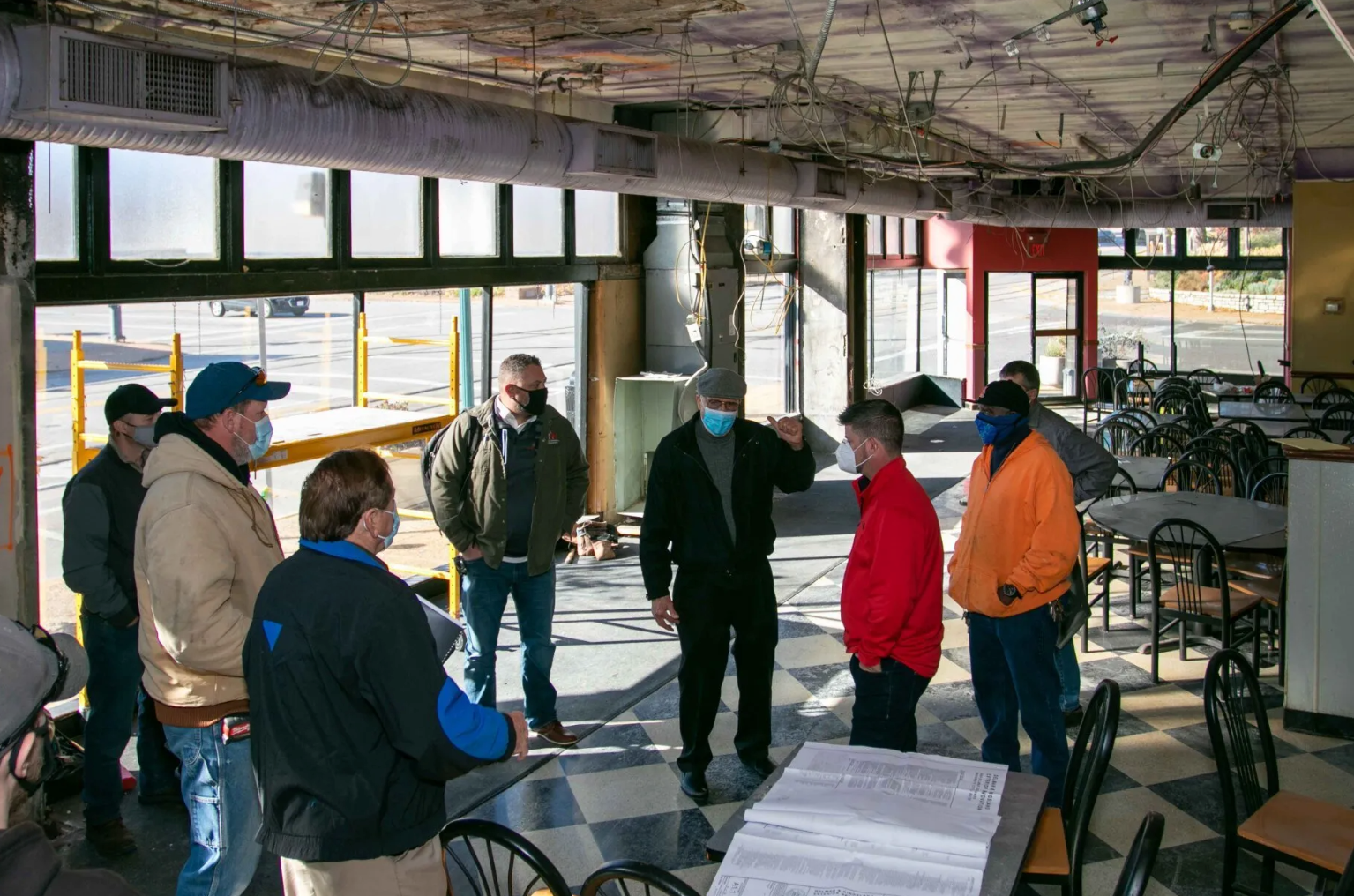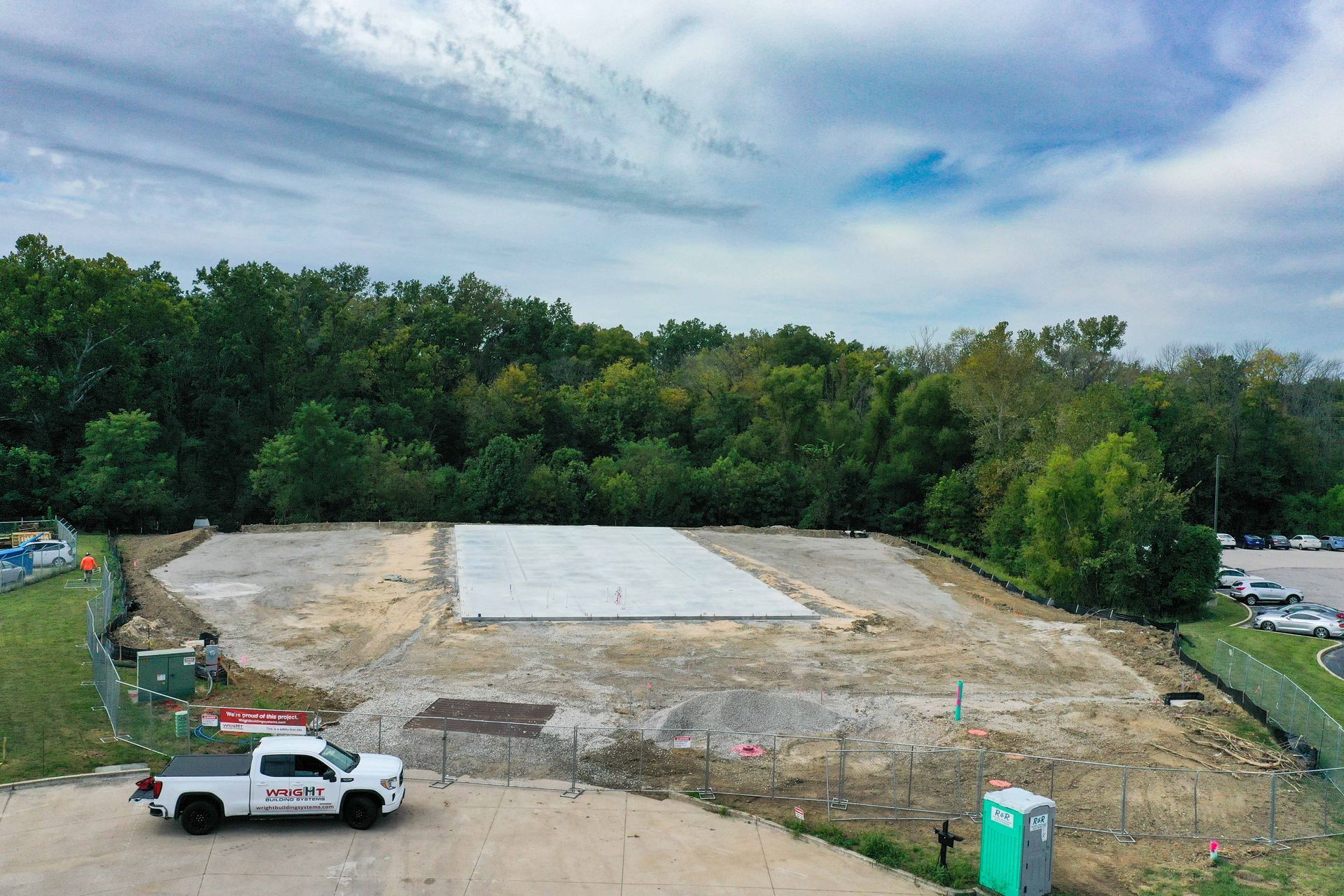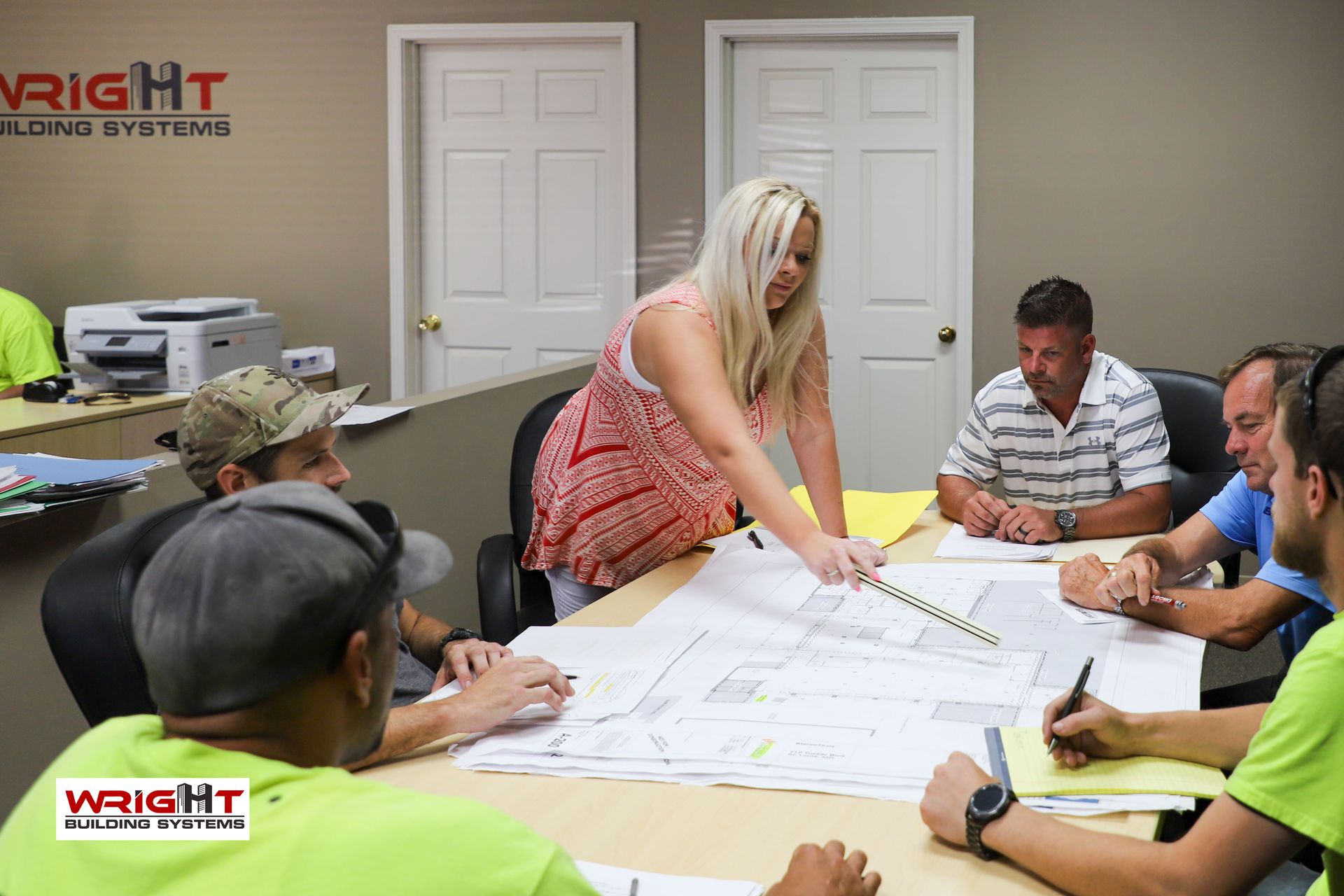What You Should Know About Pre-Construction Services
For many business owners, developers, and property managers, a commercial construction project begins with visible progress—excavators on-site, steel framing going up, and the buzz of tradespeople at work.
But long before a shovel hits the ground, one of the most critical phases of a successful build takes place: pre-construction.
Pre-construction services are the backbone of a well-executed project. They help reduce risk, control costs, and align project goals before construction begins.
A commercial construction company that offers robust pre-construction services provides clients with clarity, confidence, and a roadmap for success.
Here's what clients should know about this essential phase of the construction process.
What Are Pre-Construction Services?
Pre-construction services refer to all the planning and preparatory work that occurs before actual construction starts.
This pre-planning involves collaboration between the construction company, the architect, the engineers, the consultants, and the client.
The goal is to fully define the scope, schedule, budget, and feasibility of the project.
These services are particularly valuable in commercial construction, where timelines are tight, budgets are substantial, and errors can lead to costly delays or changes.
Key Components of Pre-Construction Services
While the exact services may vary depending on the contractor and project type, most pre-construction phases include the following key elements:
Site Evaluation
The construction team evaluates the proposed site for conditions that could affect the project, such as soil quality, topography, environmental impact, access points, and utility connections.
Early site analysis can prevent expensive surprises down the road.
Feasibility Study
Clients benefit from a feasibility study before committing significant funds to design and engineering; this includes assessing the site, permitting, zoning requirements, and any potential constraints. It's a realistic look at what can (and cannot) be built.
Preliminary Budgeting
A critical part of pre-construction is developing an initial cost estimate based on conceptual drawings or the owner's ideas. Contractors use their experience, supplier relationships, and historical data to provide realistic budgets that help guide design and decision-making.
Scheduling
A construction timeline is drafted during pre-construction. It identifies project milestones, lead times for materials, potential delays, and sequencing of trades. Having an early schedule helps keep the project on track from day one.
Design Collaboration
During this phase, the contractor works alongside architects and engineers to ensure the design aligns with the client's goals and budget; this is known as value engineering—finding opportunities to save money without sacrificing quality or function.
Permitting and Approvals
Pre-construction services often include guidance or direct assistance with obtaining necessary building permits, zoning approvals, and compliance documentation.
Risk Management Planning
Every project carries risks. Pre-construction planning allows the team to identify and address potential issues early, such as labor shortages, weather conditions, or supply chain delays, before they affect the construction schedule.

Why Pre-Construction Services Matter
Pre-construction is not just about preparation—it's about setting the project up for success (which includes providing key benefits for the client).
- Budget Control: Early cost estimates and value engineering reduce the chance of surprise expenses later.
- Design Alignment: Ensures that the final design is buildable, code-compliant, and within the client's financial parameters.
- Timeline Accuracy: Establishing a clear construction timeline allows for better planning and resource allocation.
- Better Communication: Regular pre-construction meetings set the tone for collaboration between the client, design team, and contractor.
- Fewer Change Orders: Many change orders result from incomplete or unclear planning. Pre-construction minimizes that risk.
Who Should Be Involved in Pre-Construction?
A comprehensive pre-construction team usually includes:
- The commercial contractor (project manager and estimators)
- The client or the owner's representative
- The architect and engineering team
- Legal or permitting consultants, if necessary
Each plays a role in shaping the project's vision, ensuring accuracy, and avoiding issues that could stall progress later.

Set Your Project Up For Success
Companies that skip or rush through pre-construction often pay the price in the field, with costly delays, design flaws, and budget overruns.
That's why choosing a commercial contractor with a strong emphasis on pre-construction services is a wise business decision.
Pre-construction should be viewed not just as a step, but as a strategic foundation. When clients partner with a contractor from the very beginning, they benefit from intelligent planning, transparent collaboration, and efficient execution.
From feasibility studies to final permitting, proper pre-construction ensures that every box is checked before construction begins—saving time, money, and stress.
Work With Wright Building Systems
Greater St. Louis business owners repeatedly trust Wright Building Systems with their projects. We are committed to safety and delivering finished products that exceed expectations.
Our dedicated team has the equipment, technical skills, and perseverance to complete your project.
Let's get in touch today!



